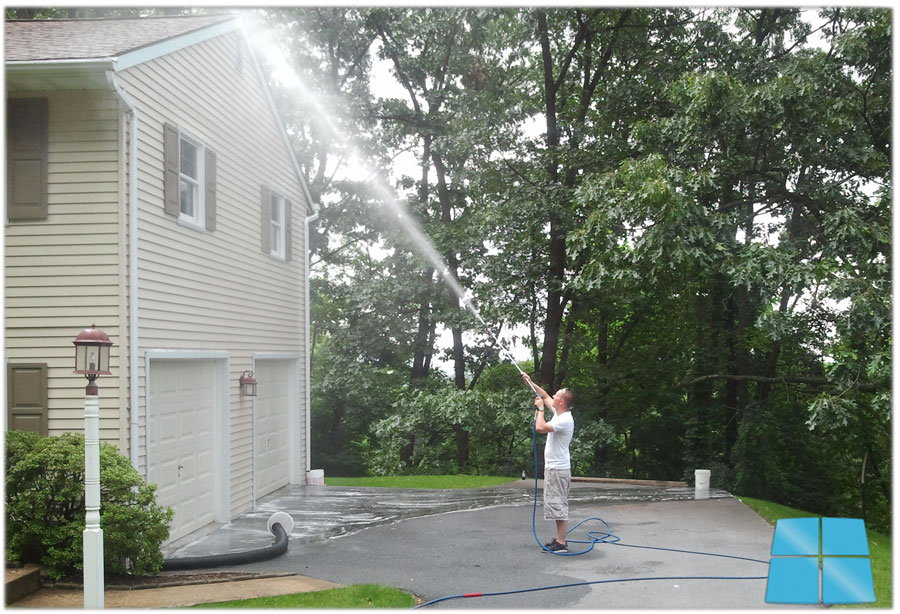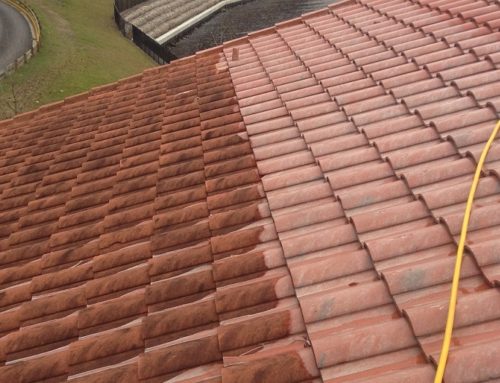Precautions to Take When Pressure Washing Siding
Pressure washing can be highly effective at removing dirt and stains from siding. Of course, there’s also a chance that pressure washing can result in paint chipping or fading. In order to avoid this, you need to take a couple of precautions. These may seem annoying, but they are worth it in the long run. They will save you the time and energy of dealing with another project!
Where You Aim the Pressure Washer
One of the biggest precautions that needs to be taken is where you aim the pressure washer. For example, high pressure water has the tendency to get behind siding. This can later lead to mold, which will leave you with a mold problem to worry about. Try to avoid getting the pressure washer water directly into any crevices. Keep it where you can see it as much as possible.
Additionally, you need to make sure that you cover vents, electrical outlets, and any other openings. If water comes into contact with these areas, you could damage the electrical system in your home or damage your home’s interior.
Repair Any Damaged Siding
Before you begin, you’ll want to repair any damaged siding. This will help the job to go more smoothly and keep the cracks from getting worse. Even small chips should be repaired. This might seem unnecessary, but it will be worth it when you don’t have to redo the whole process.
While you’re pressure washing, you should make sure that you don’t allow the detergent to sit in direct sunlight. In order to avoid this, you will have to pressure wash certain parts of the siding at certain times of the day.
Improve Your Home’s Interior
It’s recommended that you pressure wash your siding every two years. This will help it to keep looking its best and help you to keep up with any potential repairs that need to be made.
Pressure washing siding is a highly effective way to improve your home’s exterior. Just be sure to take the necessary precautions so that the job can be done well. For help get a professional like Reflections Window and Pressure Washing.






